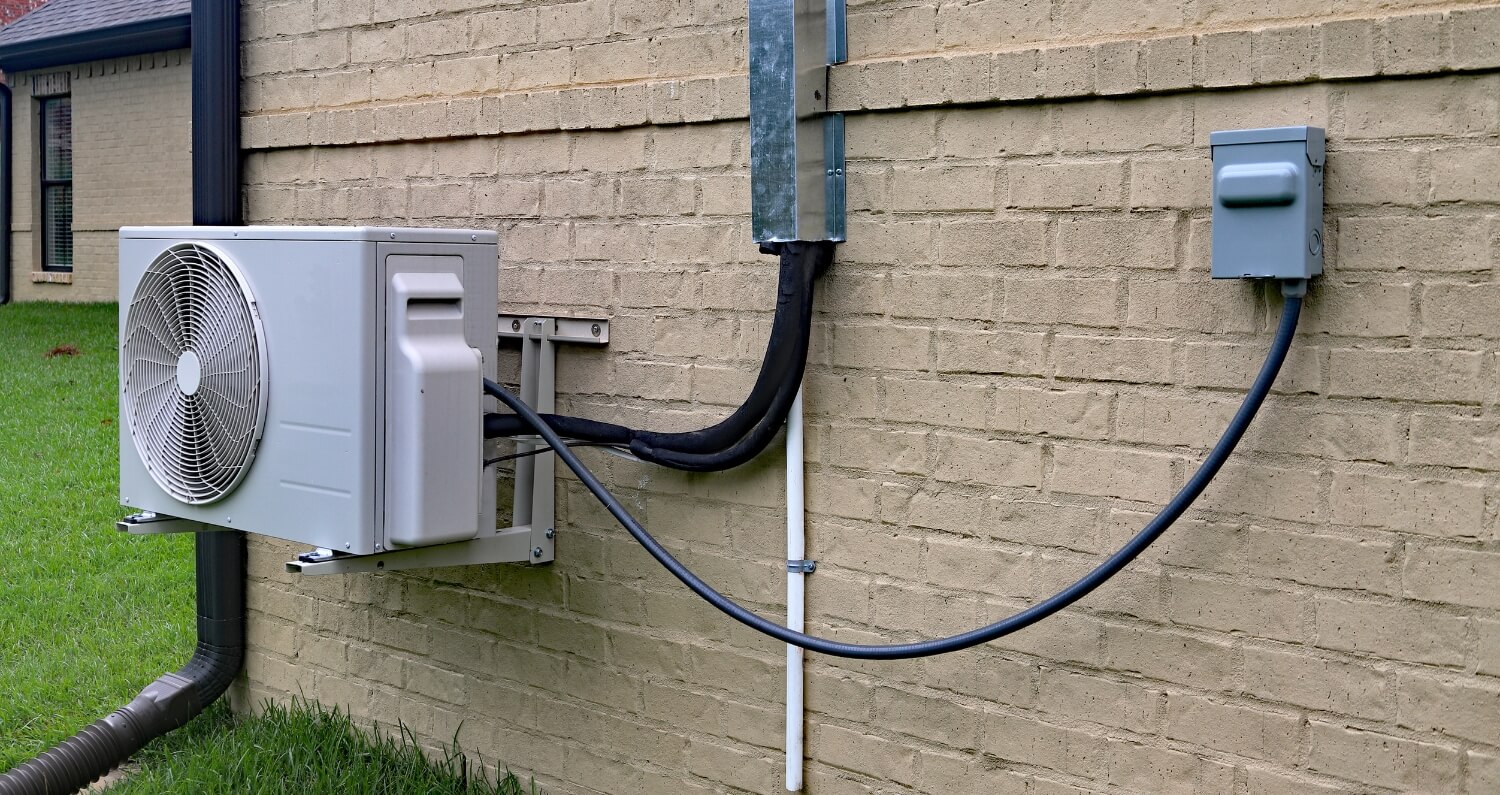You probably started your search for a new boiler by typing something like “high-efficiency gas boiler reviews” into your favorite search engine. As soon as you hit “enter,” your results page was immediately flooded with reviews and technical data about various boiler systems.
While sifting through that sea of data, you undoubtedly encountered information about boiler ratings. However, like most homeowners, you may need clarification on what a boiler rating is and why it matters.
With that in mind, let’s explore how boilers are rated and why this classification is important to your daily needs in your home.
Types of Boilers
Before we get into boiler ratings, it’s essential to know there are three main types of boilers, which include:
- Gas-fired boilers
- Oil-fired boilers
- Electric boilers
Gas-fired boilers can be powered by either natural gas or propane. Regardless of which type of gas-fired boiler you use, they’re cheaper and cleaner burning than the other two systems.
On average, gas-fired boilers cost just $1–$1.50 per hour to run. However, oil-fired boilers and electric-powered alternatives can cost several dollars per hour to operate.
How Are Boilers Rated?
Boilers are rated based on three variables: input, gross output, and net output. The input is usually expressed in British thermal units (BTUs) or gallons per hour (GPH). This figure indicates the amount of heat being fed into the boiler.
The gross output is always less than the input because no boiler is 100% efficient. For instance, your boiler may have an input of 250,000 BTUs per hour and a gross output of 200,000 BTUs per hour, meaning it has an efficiency level of 80%.
However, the boiler will experience further heat loss as it begins to warm your home, which is why the net output is lower than the gross output. Much of this heat loss occurs through the pipes.
When examining boiler ratings, you should primarily focus on the efficiency rating and the net output. The net output will reveal whether the boiler can meet your heating requirements, whereas the efficiency rating will help you ensure that the system isn’t wasting excessive fuel.
While doing independent research is a great idea, you shouldn’t spend hours comparing boiler ratings and efficiency scores. Instead, connect with a reputable HVAC installer like Paraco. You can rely on the expertise of a professional and immediately improve the quality of your home.
Why Are Boiler Ratings Important?
Boilers are one of the most expensive appliances in your home — the average cost to replace a residential boiler is nearly $8,000. With such a high initial investment cost, it’s important to choose a boiler that’s rated appropriately.
If you purchase a boiler rated too low, it won’t be able to efficiently heat your home. On the other hand, buying a boiler that’s too large and robust for your home will waste thousands in upfront costs. Either way, you’ll its a significant financial investment to make without doing your research.
Boiler ratings not only denote whether a boiler produces enough heat to warm your home but also provide insights into the efficiency of a given system. Purchasing a more efficient boiler will reduce your fuel consumption, lowering your utility bill and decreasing your environmental impact.
Avoid the Hassle and Contact a Boiler Professional
Sorting through dozens of high-efficiency gas boiler reviews can make your head spin. Fortunately, you don’t have to worry about getting dizzy.
Working with a reputable provider will allow you to learn more about boiler ratings and choose the right product for your residential property. You can look forward to staying warm and learning a new skill that allows you to become a more responsible (and toasty) homeowner.
continue reading
Related Posts
There are many different kinds of thermostats on the market […]
If you reside in a location like New York or […]
The world is always changing, yet the need for climate […]





